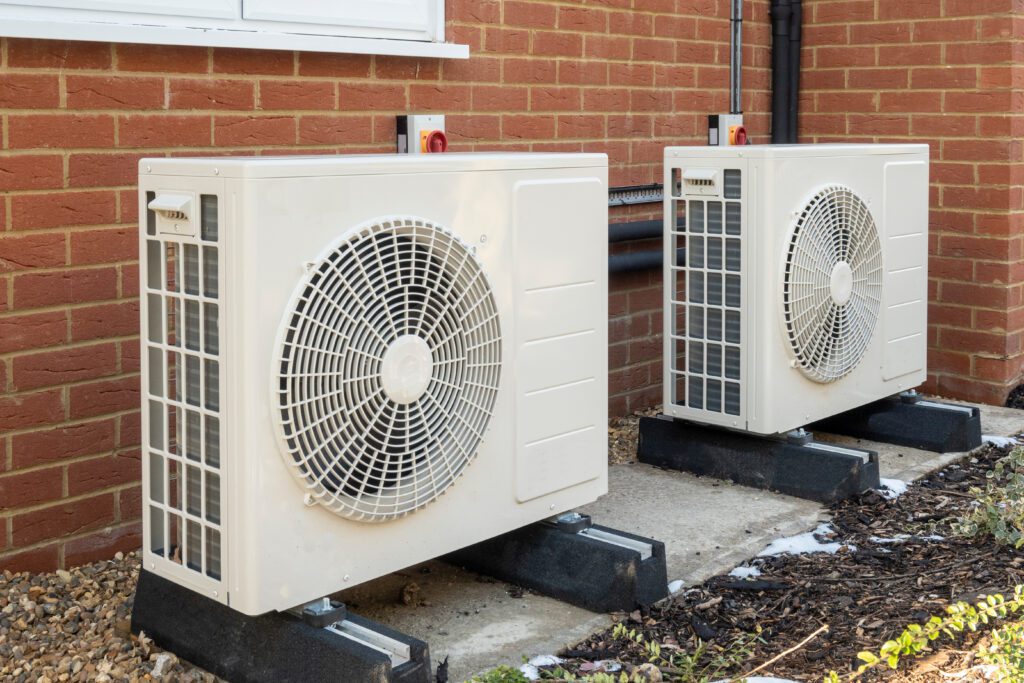
Superior Energy Efficiency
For homeowners looking to enhance their property’s energy efficiency, a Top-Quality Ottawa Heat Pump offers an excellent solution. Heat pumps transmit existing heat from one location to another, greatly lowering energy usage compared to traditional heating and cooling systems that produce heat by burning fuel or electricity. According to data from energy experts, this improved efficiency can reduce household energy use by up to 50% compared to previous ways. The cutting-edge technology behind heat pumps ensures that they work efficiently, even in lower temperatures, which makes them a reliable choice regardless of geographic location. Furthermore, when combined with renewable energy sources like solar panels or wind turbines, heat pumps can produce almost zero emissions, creating a sustainable home environment.
Cost Savings on Utility Bills
One of the most attractive features of heat pumps is their ability to deliver substantial cost savings on energy bills. By optimizing energy use through efficient heat transfer rather than energy consumption for heat generation, homeowners can experience significant reductions in utility costs—the kind of savings that add up month after month. This cost efficiency often makes up for the initial installation expenditure in a matter of years. In many regions, the adoption of heat pumps is encouraged through government incentives and rebates, which further offset upfront costs, making them a more affordable option in the long run. To better understand the potential savings, interested consumers can explore guidance provided in the Energy Saver guide, which offers a range of valuable strategies for maximizing cost-effectiveness without sacrificing comfort or convenience in homes.
Environmentally Friendly Option
Heat pumps represent a major stride towards eco-friendly living, as they have a considerably lower environmental impact than their traditional HVAC counterparts. Heat pumps minimize hazardous emissions and lessen fossil fuel dependency, greatly improving air quality and reducing a home’s carbon footprint. As stated by the U.S. The Department of Energy claims that by significantly lowering residential emissions, heat pump installation could be essential to halting climate change and safeguarding the environment for coming generations. As more homeowners embrace this technology, the cumulative effect could lead to significant reductions in collective greenhouse gas emissions, steering communities towards a more sustainable future.
Year-Round Comfort and Versatility
The dual functionality of heat pumps—delivering both heating and cooling—makes them an excellent choice for maintaining a comfortable indoor environment throughout the year. Throughout the winter, heat pumps efficiently warm the air in your house by extracting heat from the ground or outside air. The process reverses in the peak of summer as the system removes heat from the indoor space, maintaining a pleasantly cool environment. Heat pumps are adaptable and functional in various climates because of their smooth transition between heating and cooling, guaranteeing constant comfort regardless of the outside weather. The adaptability of heat pumps means that homeowners can rely on a single system to manage indoor climate effortlessly, all year long without the need for separate infrastructure or units.
Quiet and Smooth Operation
Heat pumps are a great option for people who like peace because of their naturally silent functioning. Unlike traditional HVAC systems that rely on loud compressors or clunky fans, heat pumps are designed to run smoothly with minimal noise, significantly reducing any potential disturbance in the home environment. By eliminating the continuous background noise that some traditional heating and cooling systems produce, this feature improves physical comfort and the general quality of life for households. A quiet heat pump can transform a living space, making it more peaceful and relaxing, ultimately providing a serene atmosphere well-suited to working, relaxing, or entertaining.



